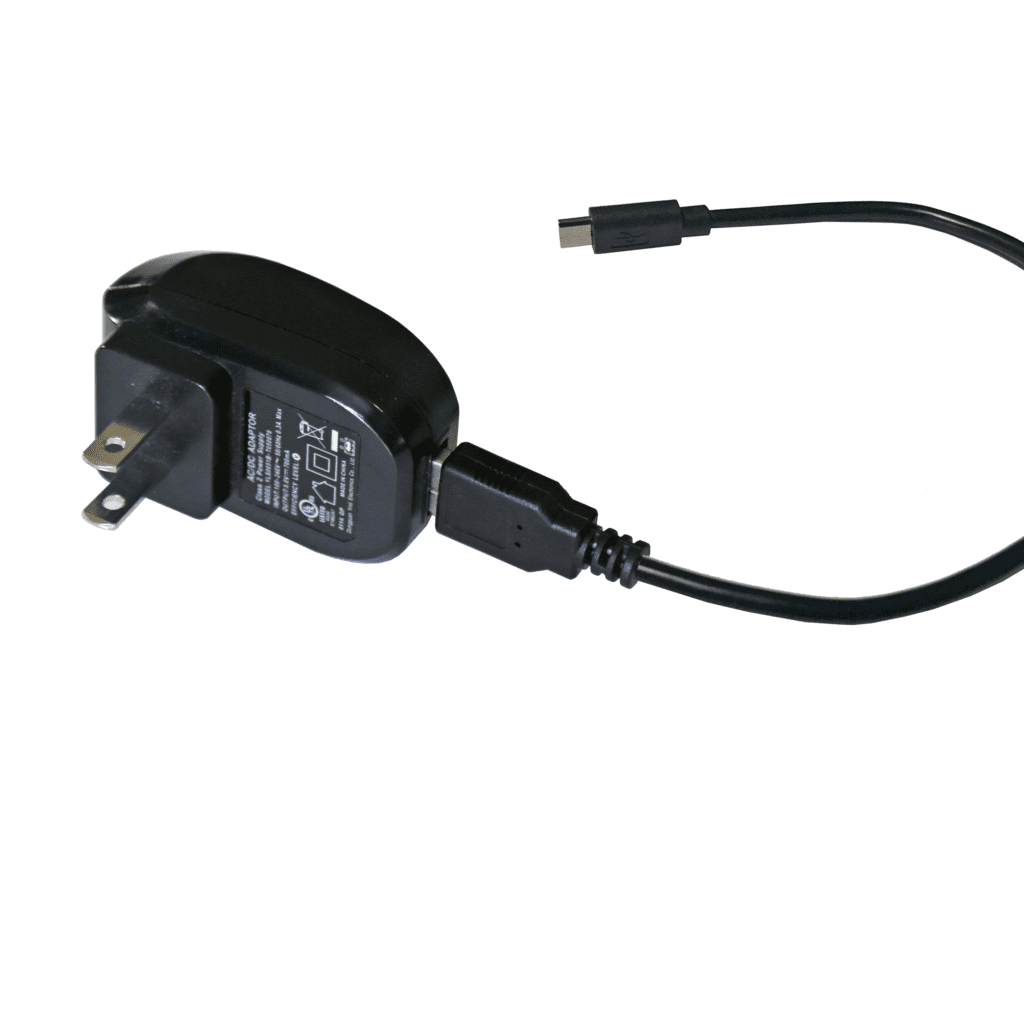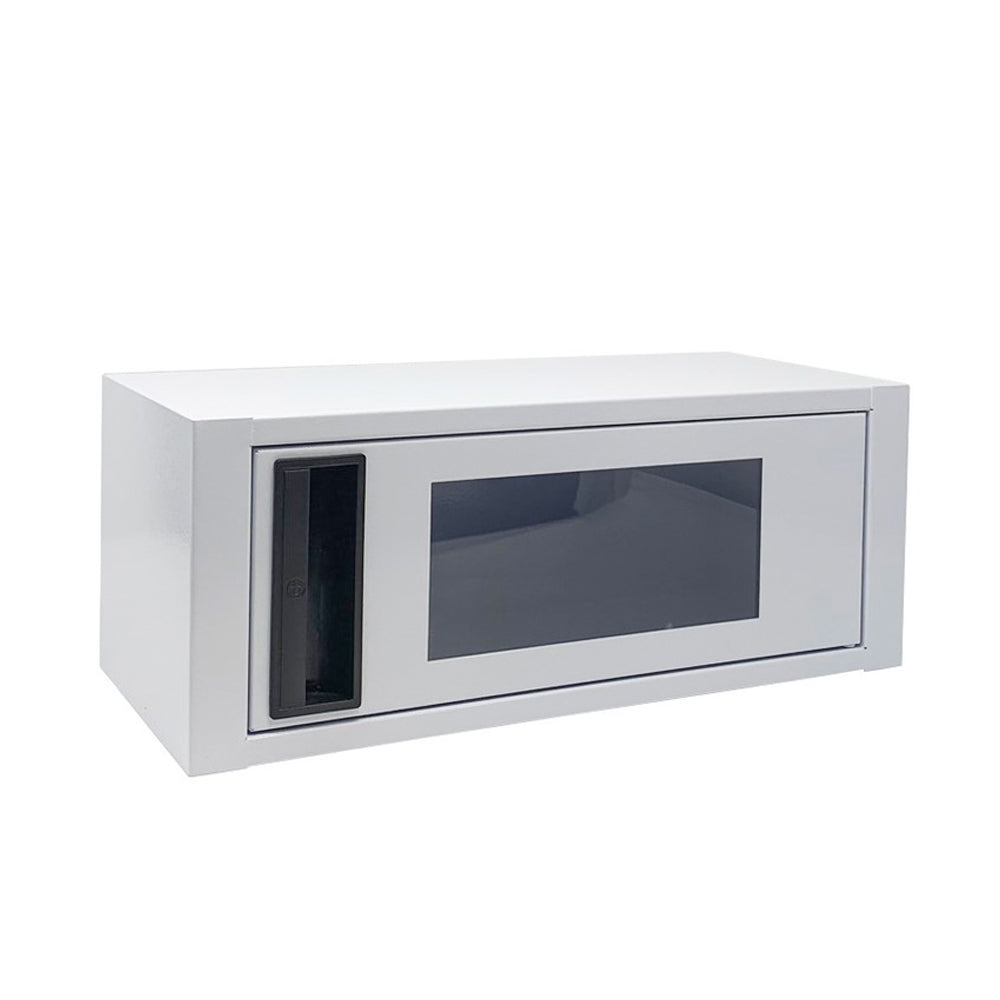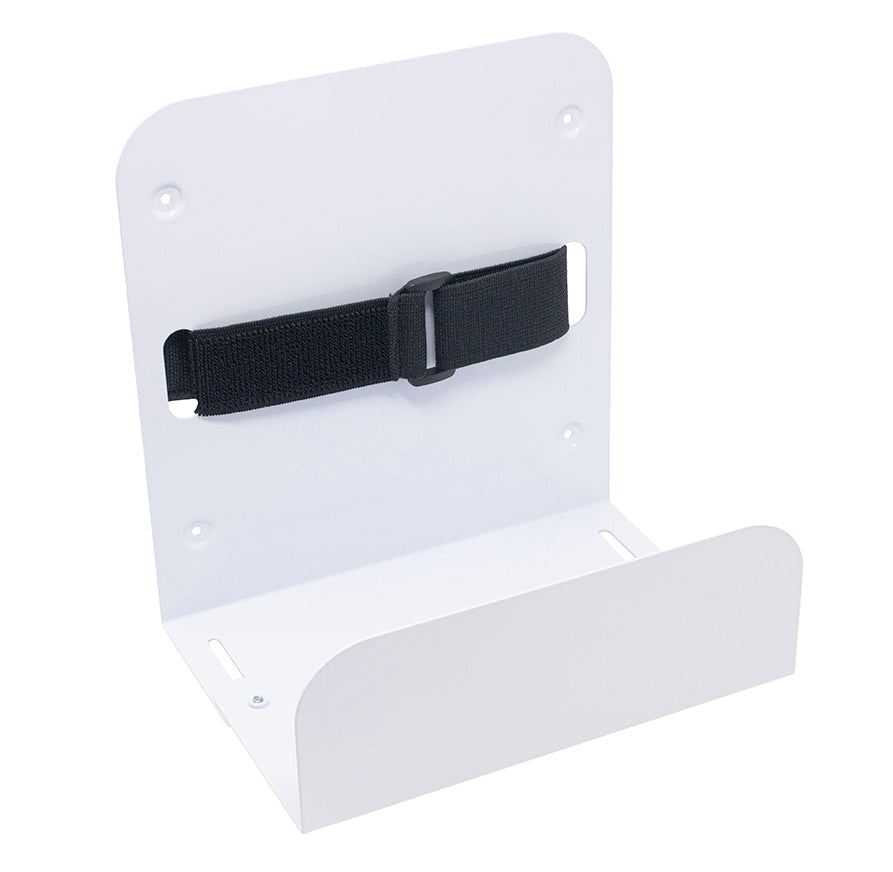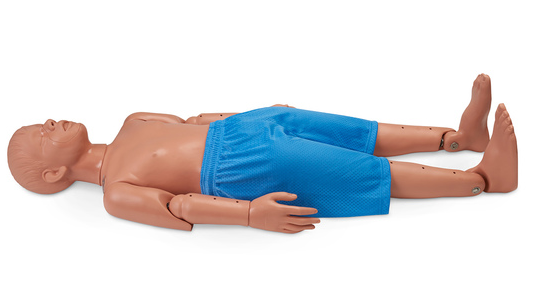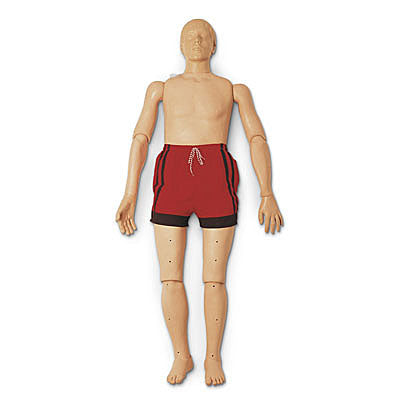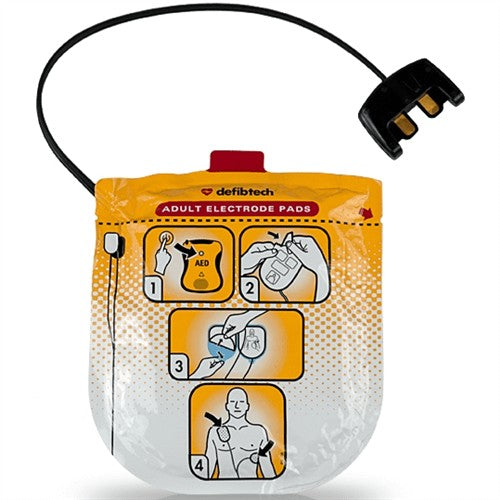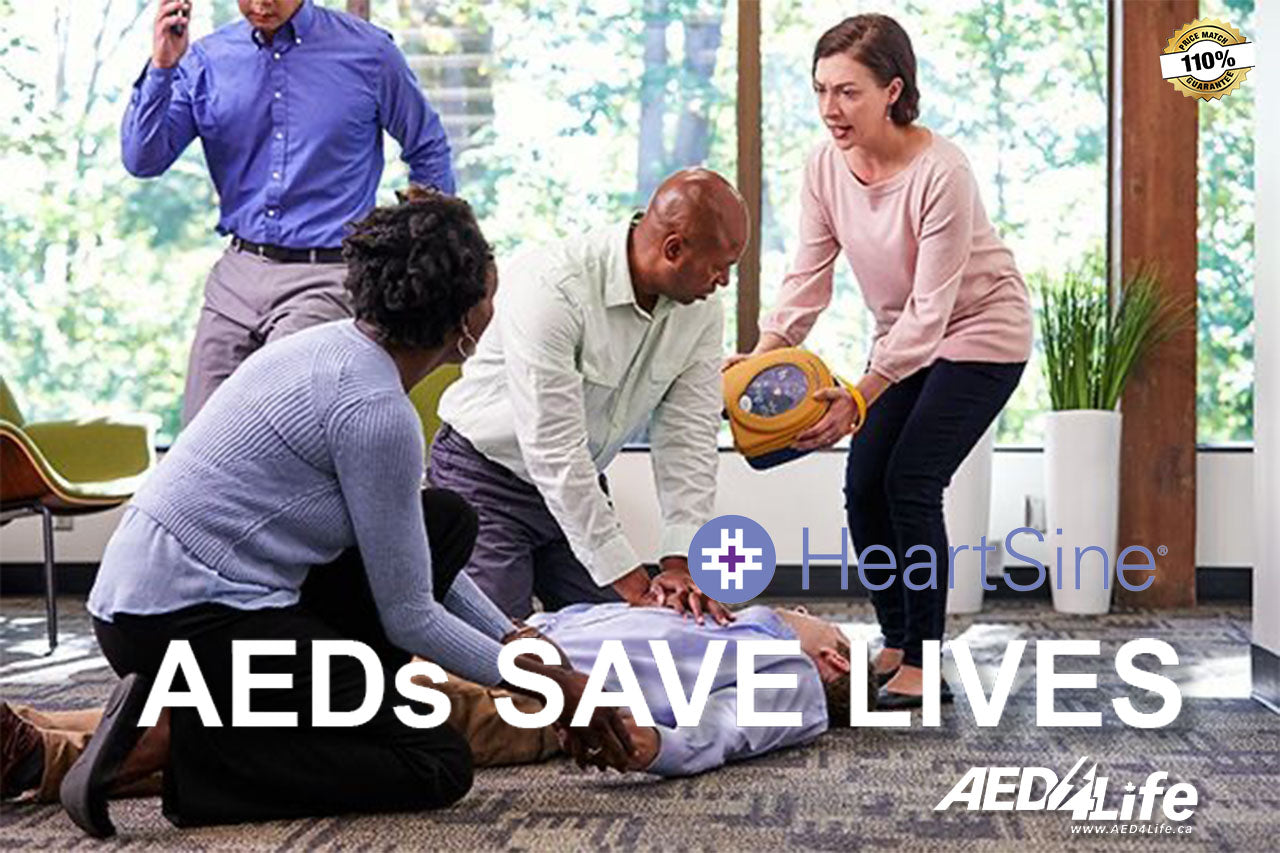The HeartSine 350, 360, and 500 are automated external defibrillators (AEDs) designed to provide quick and efficient treatment for sudden cardiac arrest (SCA). These devices are compact, portable, and user-friendly, making them suitable for both trained medical professionals and bystanders who may not have medical training.
1. HeartSine Samaritan PAD 350: This AED is known for its simplicity and ease of use. It offers voice and visual prompts to guide the user through the entire resuscitation process, from electrode pad placement to shock delivery. The device analyzes the victim's heart rhythm and determines if a shock is needed. If required, it delivers a controlled electric shock to the heart to help restore a normal rhythm.
2. HeartSine Samaritan PAD 360: Building upon the features of the 350, the 360 model adds the capability to provide visual feedback on the effectiveness of CPR (Cardiopulmonary Resuscitation) being performed. This feedback helps users optimize the quality of their chest compressions, which is crucial for maintaining blood circulation until the AED can analyze the heart rhythm and potentially deliver a shock.
3. HeartSine Samaritan PAD 500P: This model offers additional advanced features such as the ability to provide real-time feedback on both CPR compressions and ventilations. It can also record data during a rescue, allowing medical professionals to review the information later for analysis and improvement. The 500P model is suitable for both trained rescuers and laypersons who want more comprehensive assistance during a cardiac emergency.
All three HeartSine AED models are designed to be lightweight and durable, ensuring they can be easily carried to different locations or mounted on walls for quick access. Regular maintenance and periodic checks are essential to ensure these devices are always ready for use.
Remember, when using any AED, it's important to follow the device's prompts, perform CPR if necessary, and call for medical assistance as soon as possible. These AEDs play a vital role in increasing the chances of survival for individuals experiencing sudden cardiac arrest.

